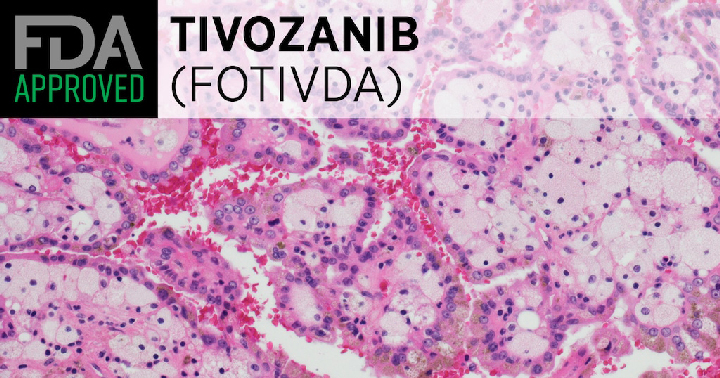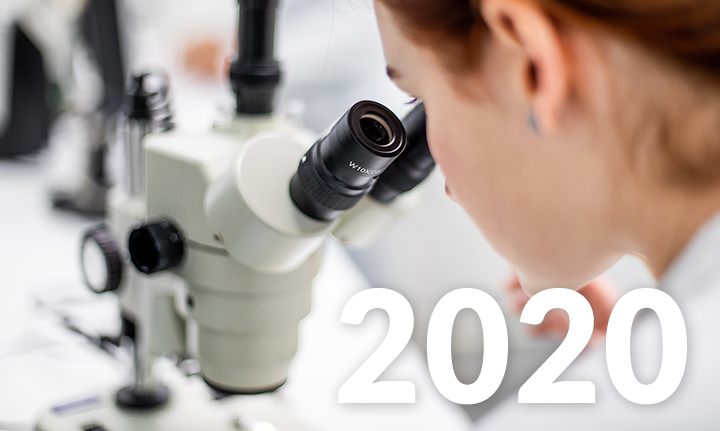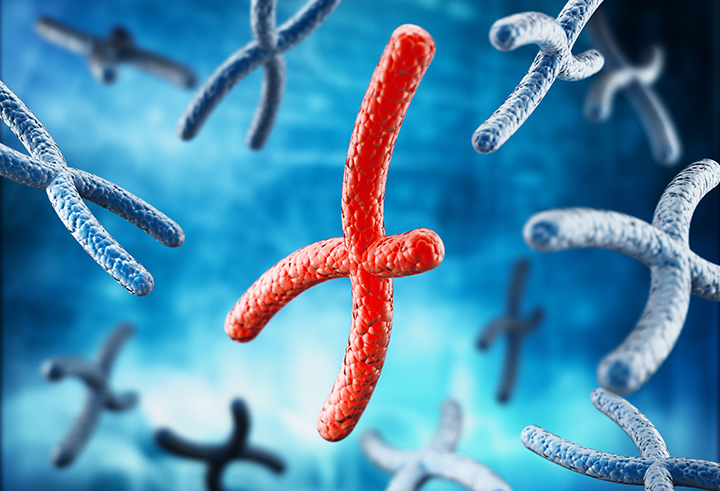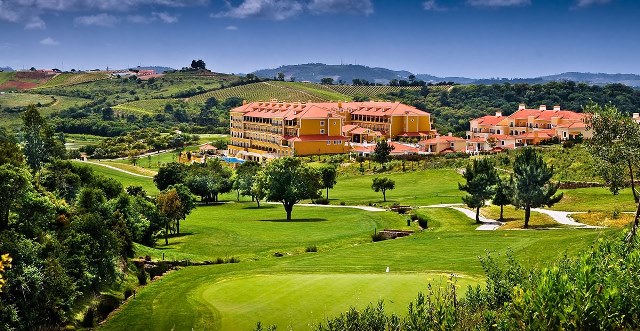Cancer Prevention Through Youth, Data, and Collaboration
Cancer is the second leading cause of death globally. Advances in cancer science and medicine are making huge strides in our understanding of what causes cancer. Today’s knowledge and technology, if implemented, can prevent up to 50% of cancers. On May 6th at 1:10 pm EDT, I will share the podium at the Vatican Pontifical […]
Cancer Prevention Through Youth, Data, and Collaboration Read More »







